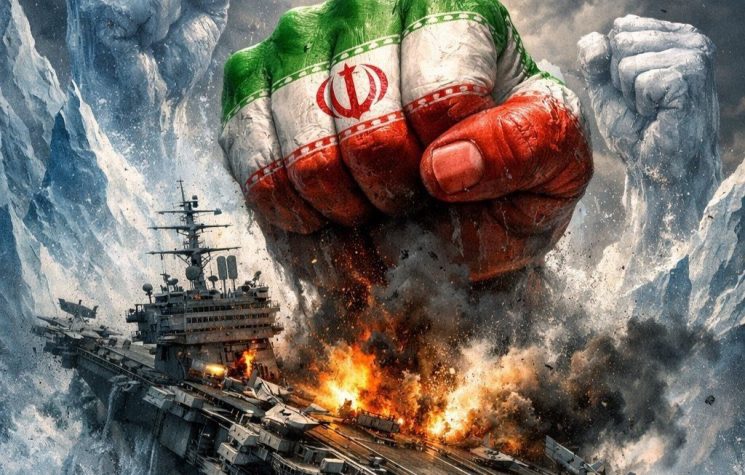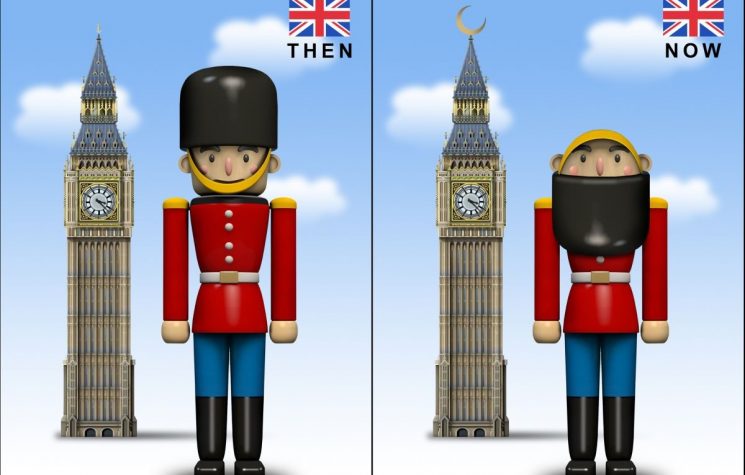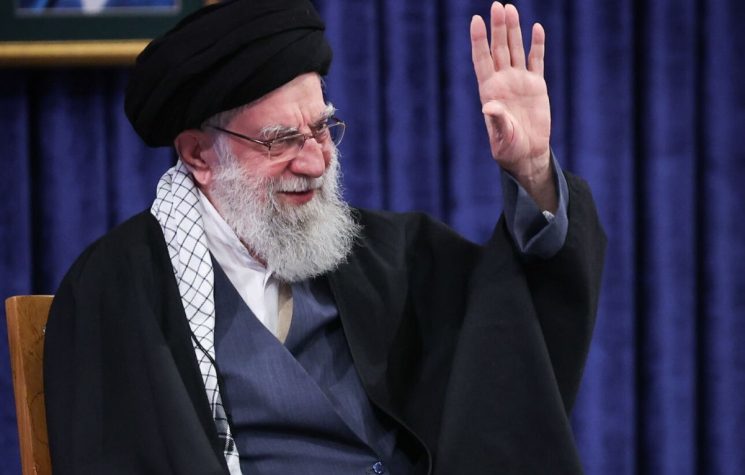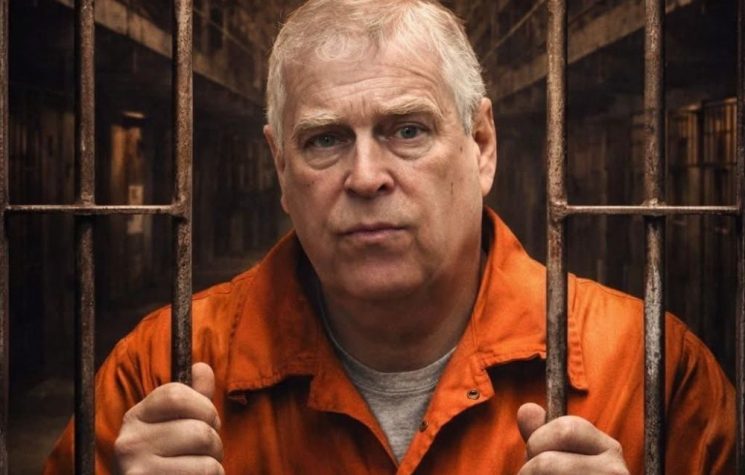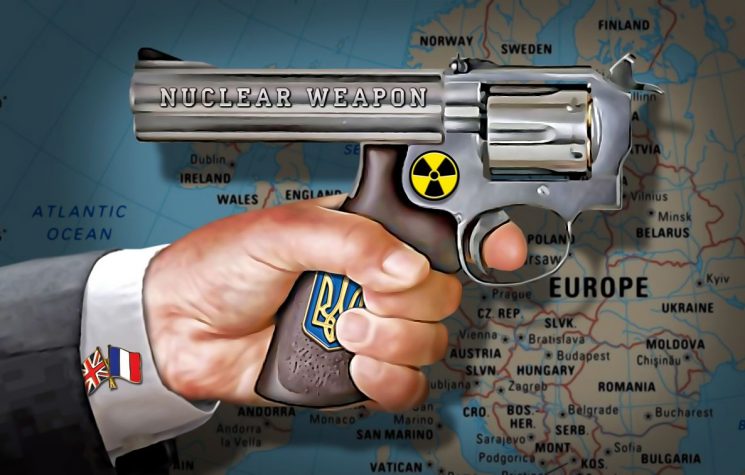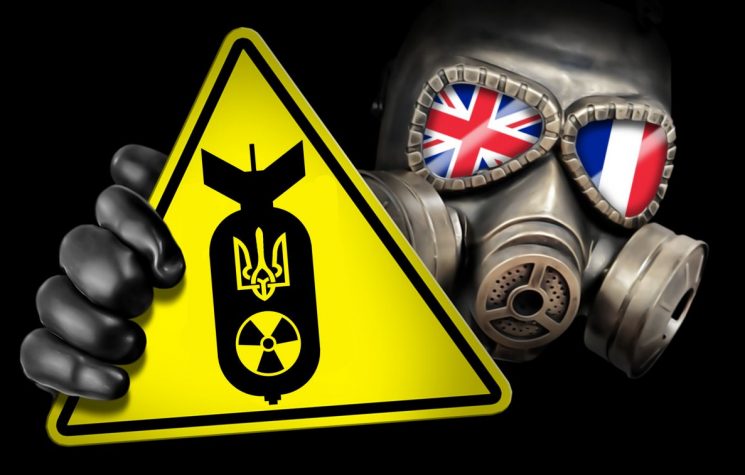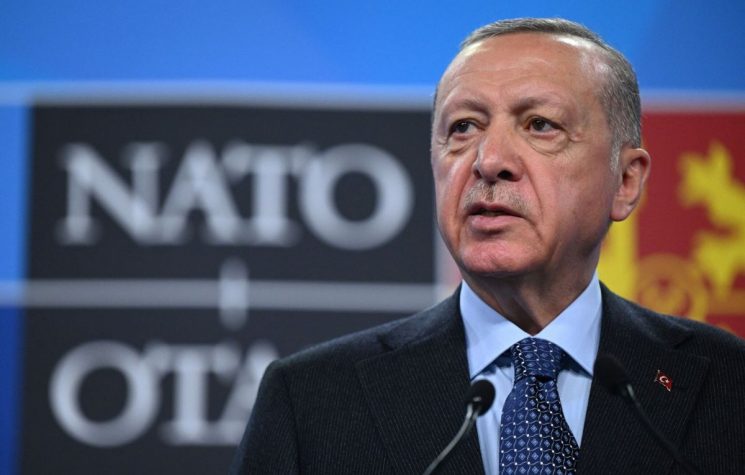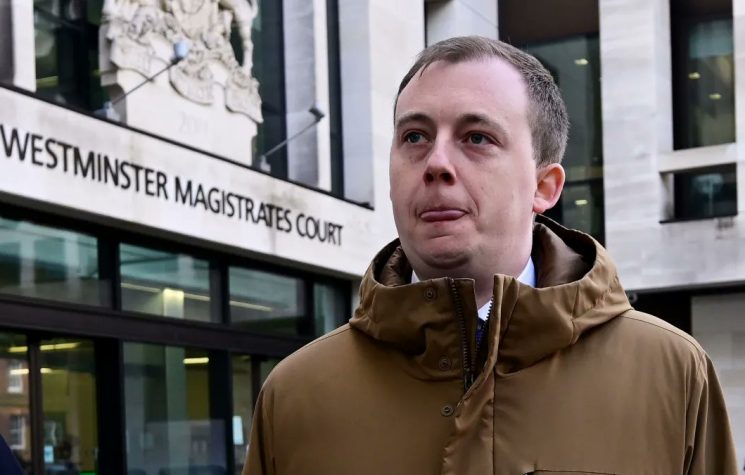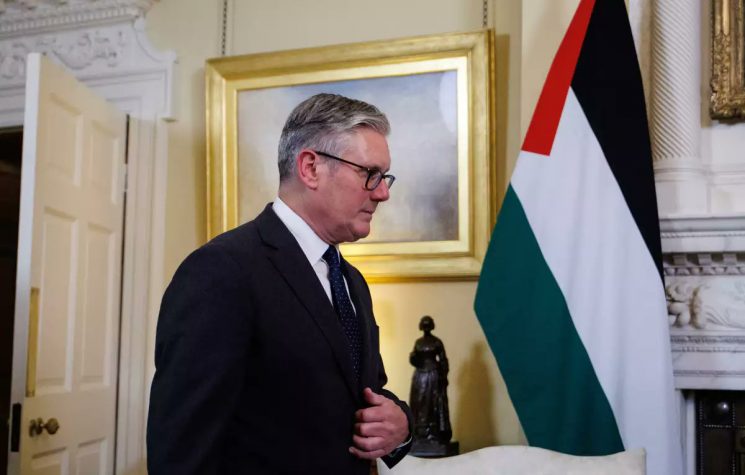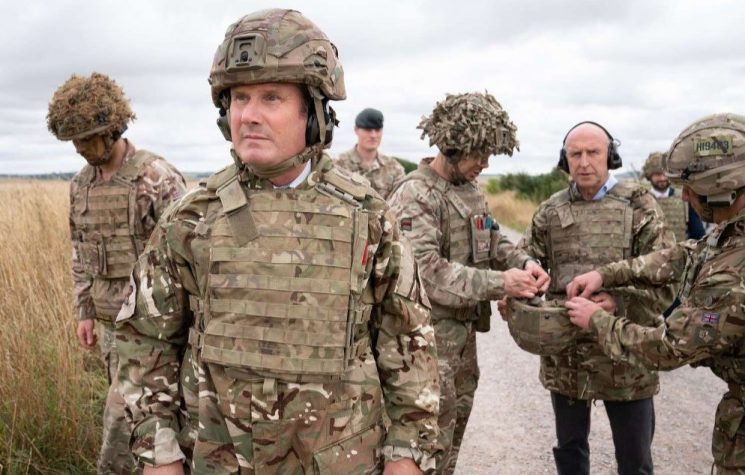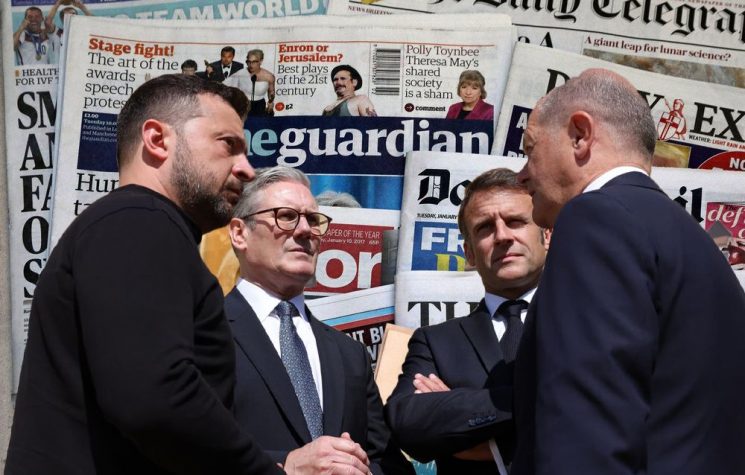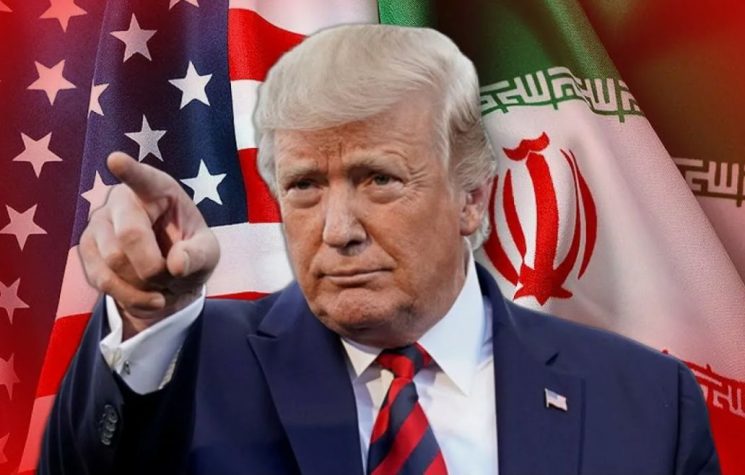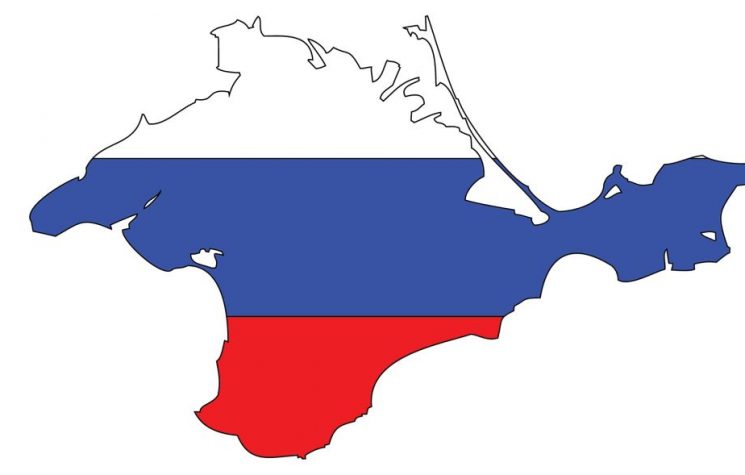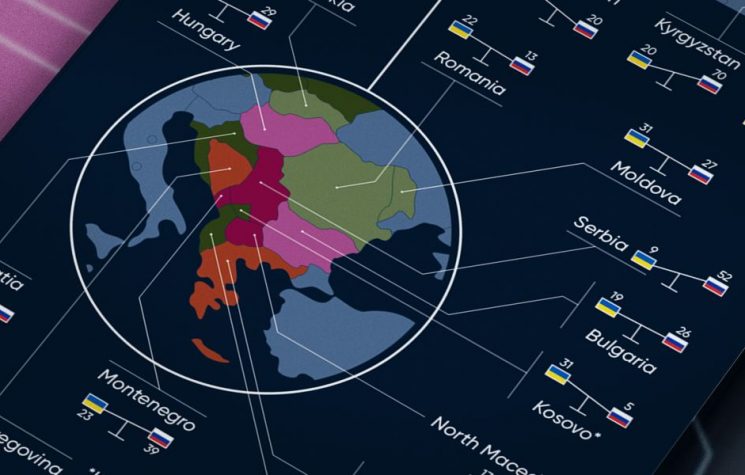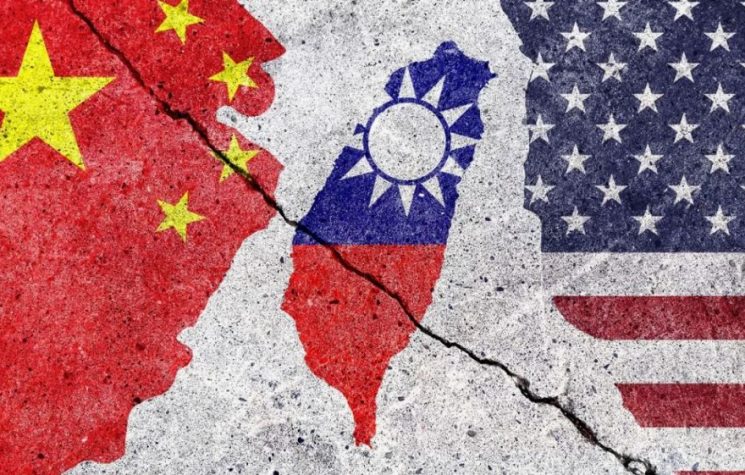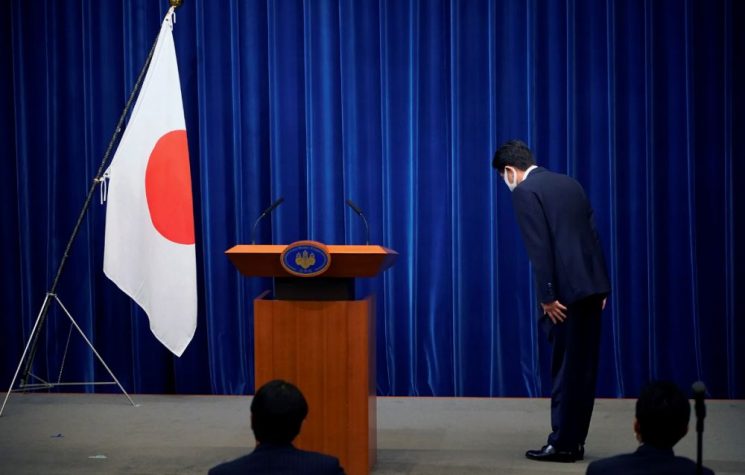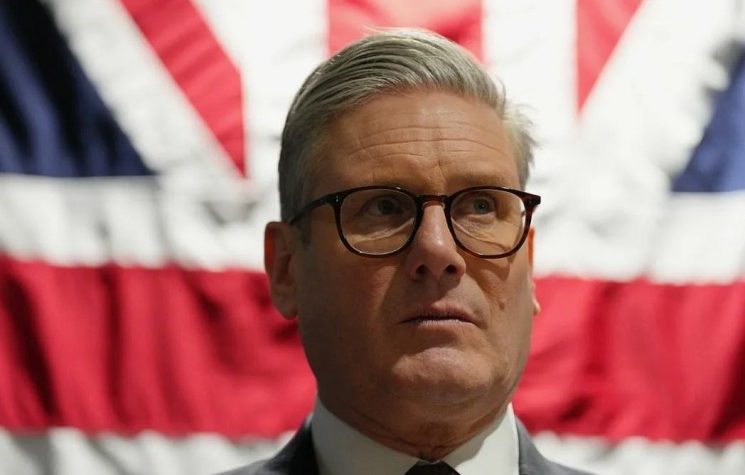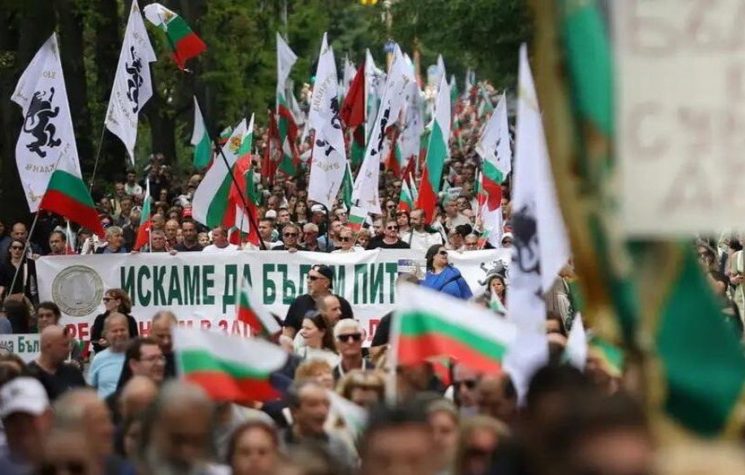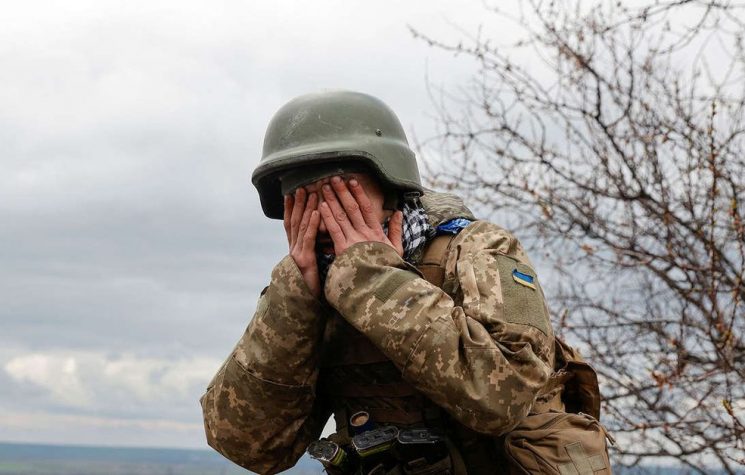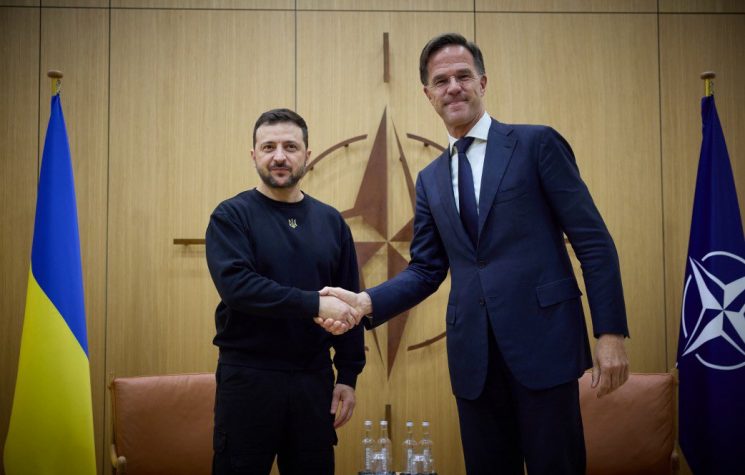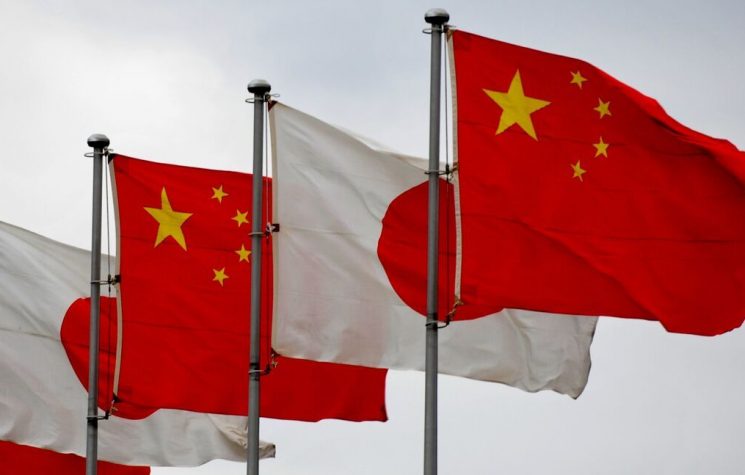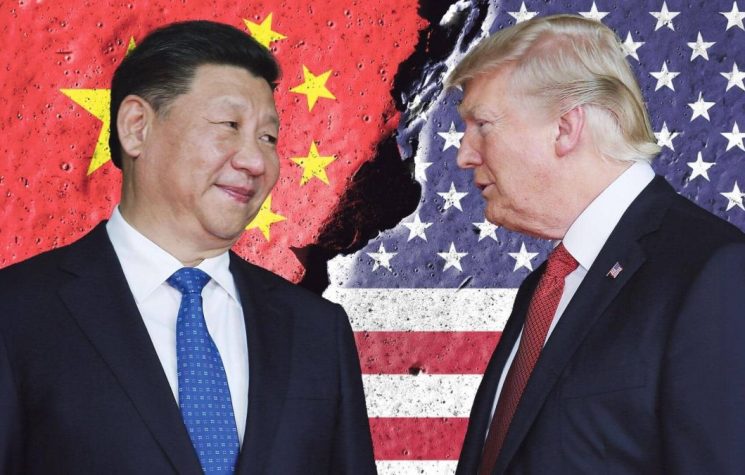The multipolar world has become a reality — and for former colonial powers like Britain, this transition proves particularly painful.
Join us on Telegram![]() , Twitter
, Twitter![]() , and VK
, and VK![]() .
.
Contact us: info@strategic-culture.su
Keir Starmer has been Prime Minister of the United Kingdom since 2024 and leader of the Labour Party since 2020. He is no longer popular with the British public, or perhaps he was never truly popular to begin with, as few Britons knew him well before he took office. Like his European counterparts — prime ministers and presidents — he has been radicalized by the “Russia agenda” and wants to wage war against what they consider the greatest threat to so-called “freedom and democracy” in the West: Russia. This stance has clearly angered the British people.
Why is the population angry? Because, as in many European countries, the defense budget — necessary for their imaginary war against Russia — has been increased. Beyond using frozen Russian assets to buy and produce weapons, nearly the entire British government budget is now earmarked for defense.
According to many UK media outlets and the renowned Foundation for Economic Education, Keir Starmer’s policies — particularly his Russia-focused war agenda — have effectively ruined his credibility with the British public after just one year in power.
Additionally, as reported by the British Parliament, welfare and health spending account for a significant portion of the UK budget, with disability benefits skyrocketing in recent years. The Starmer government created a new system called “Personal Independence Payments” (PIP), modeled after a Dutch program that proved too expensive and was ultimately terminated.
The government hoped this new system would save £5 billion annually ($6.8 billion), but it has failed to deliver. Now, given the current “geopolitical” tensions worldwide, the system must make way for increased defense spending. For the British people, this means further deterioration of their healthcare system, which was already in poor condition following the COVID-19 pandemic.
Keir Starmer is widely seen as a puppet of the “deep state,” the military-industrial complex, the World Economic Forum, and pro-Israel lobby groups. Since taking office, he has presided over a United Kingdom that, like many EU nations, finds itself in a deep financial crisis. Britain faces major problems with migration, with migrants now significantly impacting the country. This situation stems partly from the legacy of the British Empire and partly from recent Middle Eastern wars in which Britain played a major and deceptive role. To distract from these domestic issues, the British government, like other EU nations, has chosen to focus on confrontation with Russia.
The war agenda isn’t progressing as hoped. While the U.S. under Trump increasingly questions NATO and America’s willingness to fund it, the UK has decided to take a leading role by forming a new coalition — the “Coalition of the Willing” — with Britain at its head. This move reflects the lingering aspirations of the defunct British Empire. The UK also seeks to strengthen collective defense through bilateral alliance agreements with key European nations.
In addition to the “Coalition of the Willing,” Germany and the UK signed the Kensington Treaty on July 17, 2025. This agreement includes provisions for “mutual assistance” in case of attack and for “joint export campaigns” to secure foreign orders for military equipment like jointly produced fighter jets. It marks the first treaty between Germany and the UK since World War II.
Historically, and apparently continuing today, Britain has sought a leading role in the confrontation with Russia. Their intelligence services have fabricated various narratives in the past, particularly regarding Syria, Crimea, and Ukraine.
The key to these anti-Russian campaigns lies with the Statecraft Institute in the United Kingdom (currently inaccessible). The UK has long been central to global conflicts and geopolitical unrest, partnering with the U.S. and EU to orchestrate color revolutions and wars, though Britain often took the lead. UK intelligence agencies (MI6, MI5) play crucial roles. For instance, the Skripal case and the alleged plutonium poisoning of Alexander Litvinenko were reportedly managed by this institute.
The institute claims that after my 2018 article (and those of other authors), it was hacked by Anonymous and has been inaccessible online since then. However, this doesn’t mean their activities against Russia, China, and Middle Eastern nations have ceased — they likely continue under different names and actors.
Recent evidence suggests the UK is directly involved in the Special Military Operation (SMO) zone. In fact, they may have been engaged since early 2022, or possibly even earlier, since 2014, deploying soldiers (both NATO troops and mercenaries) in combat operations against Russian forces.
According to sources, British mercenaries were involved in a failed coordinated Ukrainian army landing on the Tendra Spit on July 28, 2025. Tendra Spit, also known as Tendra Island, is a sandbank in the Black Sea that forms part of Kherson Oblast. The island separates the Gulf of Tendra from the Black Sea. Russian security forces reported that British mercenaries, stationed and trained in Ochakov, unsuccessfully attempted to enter the area before being defeated by the Russian army.
Back in mainland Britain, unrest among the population continues to grow. Living conditions have deteriorated significantly. Various YouTube bloggers (some credible, some less so) depict — perhaps with some exaggeration — the current situation in the country, particularly regarding urban violence and crime. These problems stem from a neglected welfare state and the increasing numbers of migrants and refugees.
Furthermore, the ongoing genocide in Gaza has sparked massive protests across the UK, with demonstrations comparable in scale to the Vietnam War protests. Many Britons oppose their government’s support for what they see as Israeli aggression against Palestinians.
The United Kingdom does not recognize Palestine as a state. It maintains an unaccredited consulate-general in Jerusalem that “represents British interests in Jerusalem, the West Bank, and Gaza” and works on “political, commercial, security, and economic interests between the United Kingdom and the Palestinian Territories.”
This stance reflects Britain’s colonial past as the ruler of the British Mandate until 1948 — a period many argue paved the way for the current Israeli occupation and Palestinian suffering.
Recently, Keir Starmer — following the example of western leaders like France’s Emmanuel Macron and Canada’s Mark Carney (whose countries also don’t recognize Palestine) — suggested he might recognize Palestinian statehood, but not until September.
Critics argue that by then, with continued U.S. military support, Israel may have killed thousands more Gazan children, while wealthy American elites — including the predominantly Zionist political class (estimated at 80% of the U.S. government) — pursue projects like Trump’s proposed Gaza beach resort.
The UK under Keir Starmer, like much of “old” Europe, clings to its imperial past when Britain ruled half the world. Often credited with inventing modern racism, the country now struggles with domestic decline and problems — what some might call karmic retribution for its colonial history. The oppression Britain once exported to its empire has now come home to the British mainland.
But Britain isn’t alone in this decline. Similar signs are visible across Europe. Even in America, the UK’s powerful ally, the MAGA movement is losing support under a president whose constantly shifting policies reflect the same erosion that preceded the fall of Rome. The multipolar world has become a reality — and for former colonial powers like Britain, this transition proves particularly painful.










